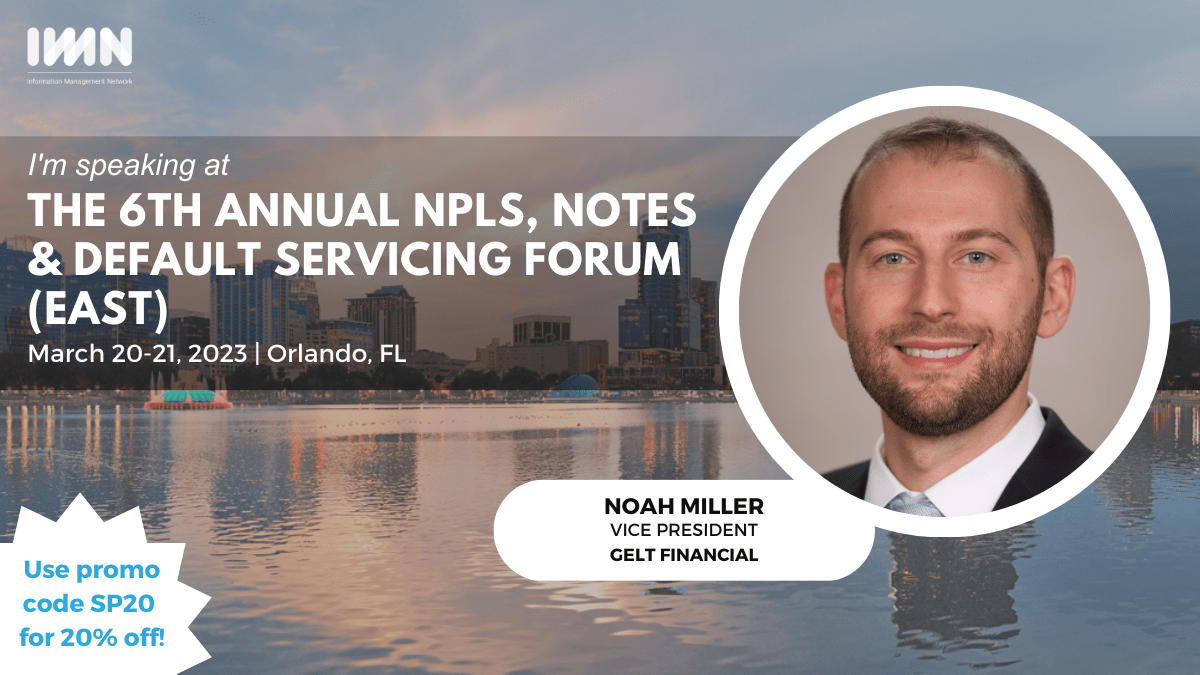In the video, Jack explains the difference between recourse and non-recourse loans. Recourse loans involve personal guarantees, making the borrower liable if the property can’t cover the debt. Non-recourse loans, on the other hand, do not hold the borrower personally liable, giving them the option to walk away if the project fails. Non-recourse loans are more common in larger commercial loans, and Gelt Financial offers some non-recourse deals when the property has significant equity. It is also advice to be cautious when signing for recourse loans, negotiate limitations if possible, and consider the lender’s risk assessment in determining the loan type:
Hi, this is Jack Miller at Gelt Financial. I want to make a short video today and address what the difference is between a recourse loan and a non-recourse loan, and I’ll try to keep it short.
A recourse loan generally means where the guarantor, the individual, a person is signing, maybe him and his wife or him and his partner or whoever, or him and his spouse, is signing that they’re guaranteeing the loan. So, if the lender can’t recover from the property, or the lender doesn’t even have to try to recover from the property, they can go after the individual who is signing it. I would urge caution in signing recourse, know what you’re getting into because the truth is every time you sign your name, you’re really placing a bet that you’re going to perform, and if you don’t perform, it could be bad news for you.
Non-recourse loans, and there are a lot of different types of non-recourse loans, is generally where you’re not personally signing on the debt. Now, there’s something called warm body carve- outs and carve-outs on recourse, which are usually used for things like fraud, environmental issues, and things of that nature. I don’t want to get too technical now, but generally on the non- recourse loans, you’re not personally guaranteeing it. You may be at what’s called a warm body carve-out or a guarantor on it, but it’s non-recourse to you, which means if the real estate project fails, you can usually walk away. There may be some, again the devil’s always in the details, and if you know me, you have to read every word of every document, but it’s something to pay attention to and know.
Now, most lenders on standard residential or small commercial do not offer non-recourse loans. Usually, the non-recourse loans are in Fannie, Freddie, CMBS loans, agency loans, larger commercial loans. The truth is, I don’t even know if they’re in Fannie or Freddie, you have to check, but they’re in the multi-family, when I say Fannie and Freddie not in the residential. But it’s important, usually on smaller commercial loans and certainly residential occupying loans, there is recourse, and one should be aware of it.
Gelt Financial happens to offer non-recourse deals. Now, why would a lender like Gelt Financial, who doesn’t do CMBS loans, offer non-recourse deals? We offer them when we think the property has so much equity in it that we’re really not interested in the borrower, lending primarily on the deal. Now, we don’t do that on every deal, but we do it on some of the deals.
So, when a lender has a lot to lose, usually they’ll use a recourse loan. If the lender has less to lose and they’re betting more on the property, usually you can get away with non-recourse. But again, everything is negotiable, and just because a lender uses the term non-recourse or limited recourse, there’s also called jointly and severally. What does that mean? Let’s say you have two partners. Let’s say there’s a property, and you have two partners. Each of them is liable for the whole thing. You can sometimes negotiate this out. So, if me and my partner were buying a piece of property and we wanted limited recourse, we may try to get our recourse limited to some number. Again, this has to be negotiated on a deal-by-deal basis. If you find a lender to negotiate it, sometimes you will, sometimes you won’t.
But don’t take signing for granted. It’s an important thing. It can really mess you up, mess up your credit, and cause you great hardship. Certainly, if you can get a non-recourse deal, I would encourage you to do it. And if you’ve been through a war and you’ve been through a financial hardship, you’ll know what I mean. I went through heck, hell really, prior 2006 and the 2011 crisis. Before that, I would sign on recourse. Since then, I won’t do it anymore. So, take it very seriously, and don’t be afraid to try to negotiate on the recourse aspect of it. Try to get it limited if I were you. Some lenders will, some lenders won’t, and it really all depends on the project and the real estate. Maybe they won’t at a 70 LTV, but maybe in a 50 LTV, they will. You may have to put more money down, you have to pay more for it, but something to be aware of.
Anyway, I’m overdoing my time today. Check out the YouTube channel, like the video, like the channel. If you have any comments, leave them, and I’ll try to answer them. And most important, have a great day. Thank you.
Category: Education
























